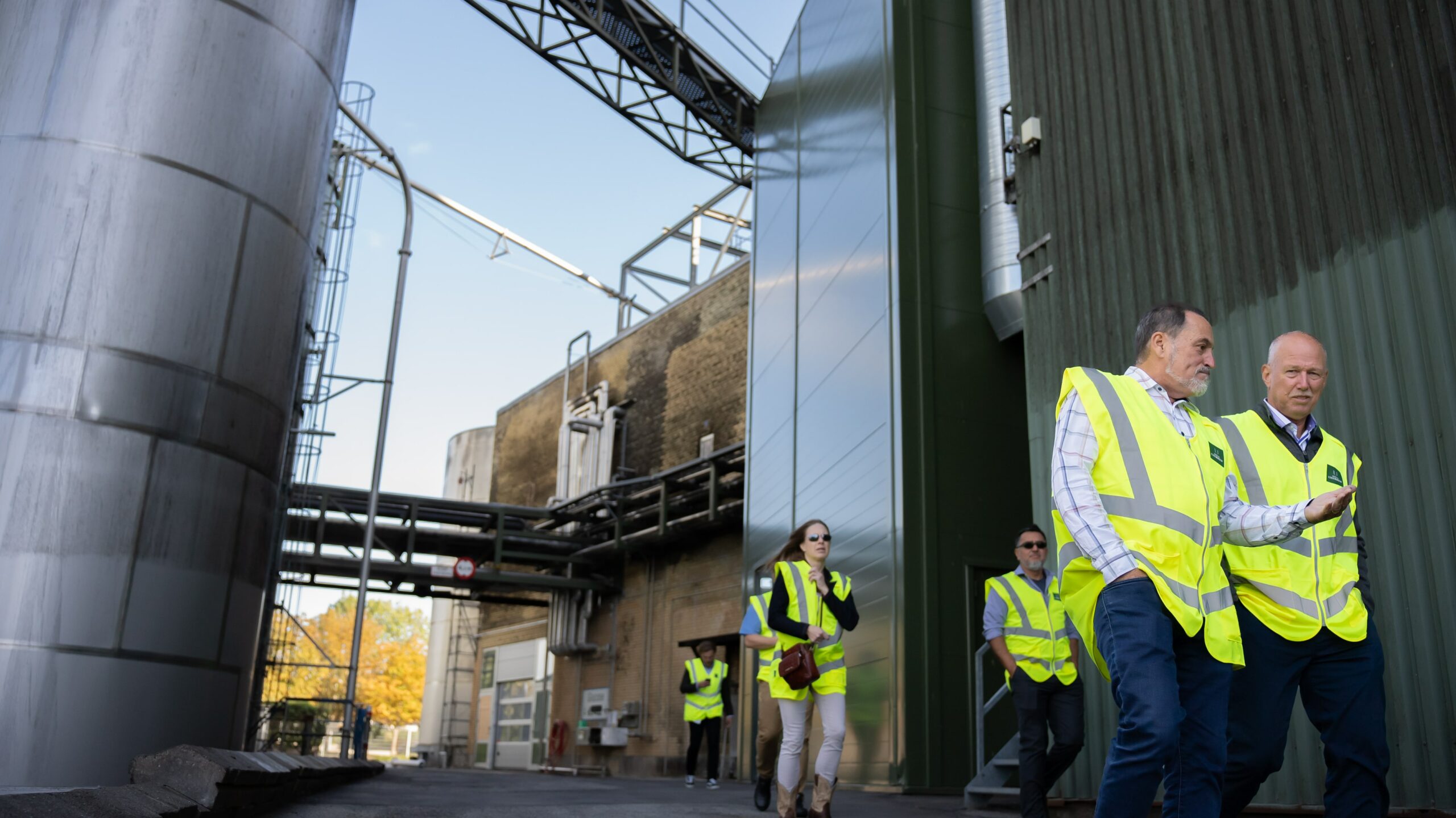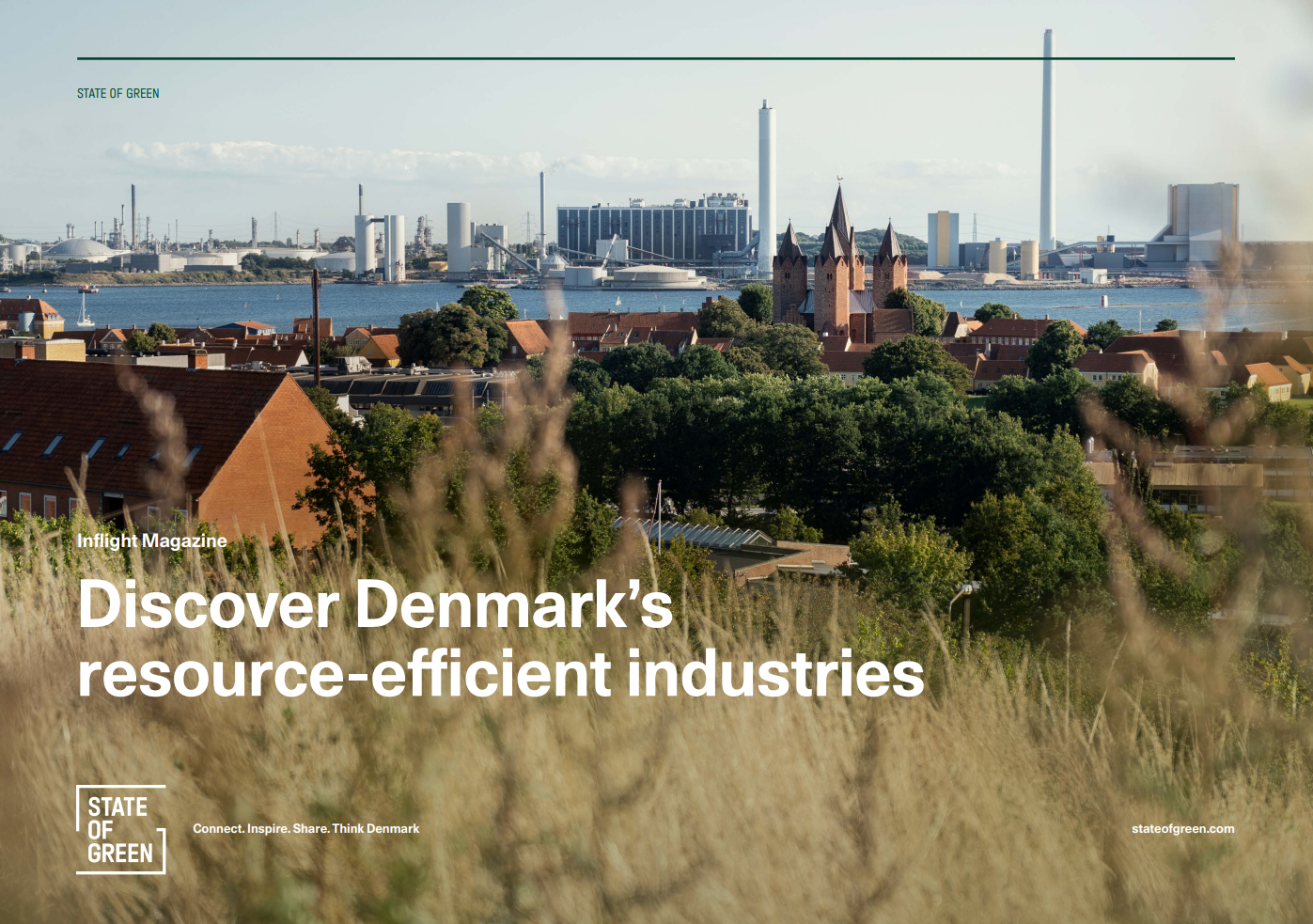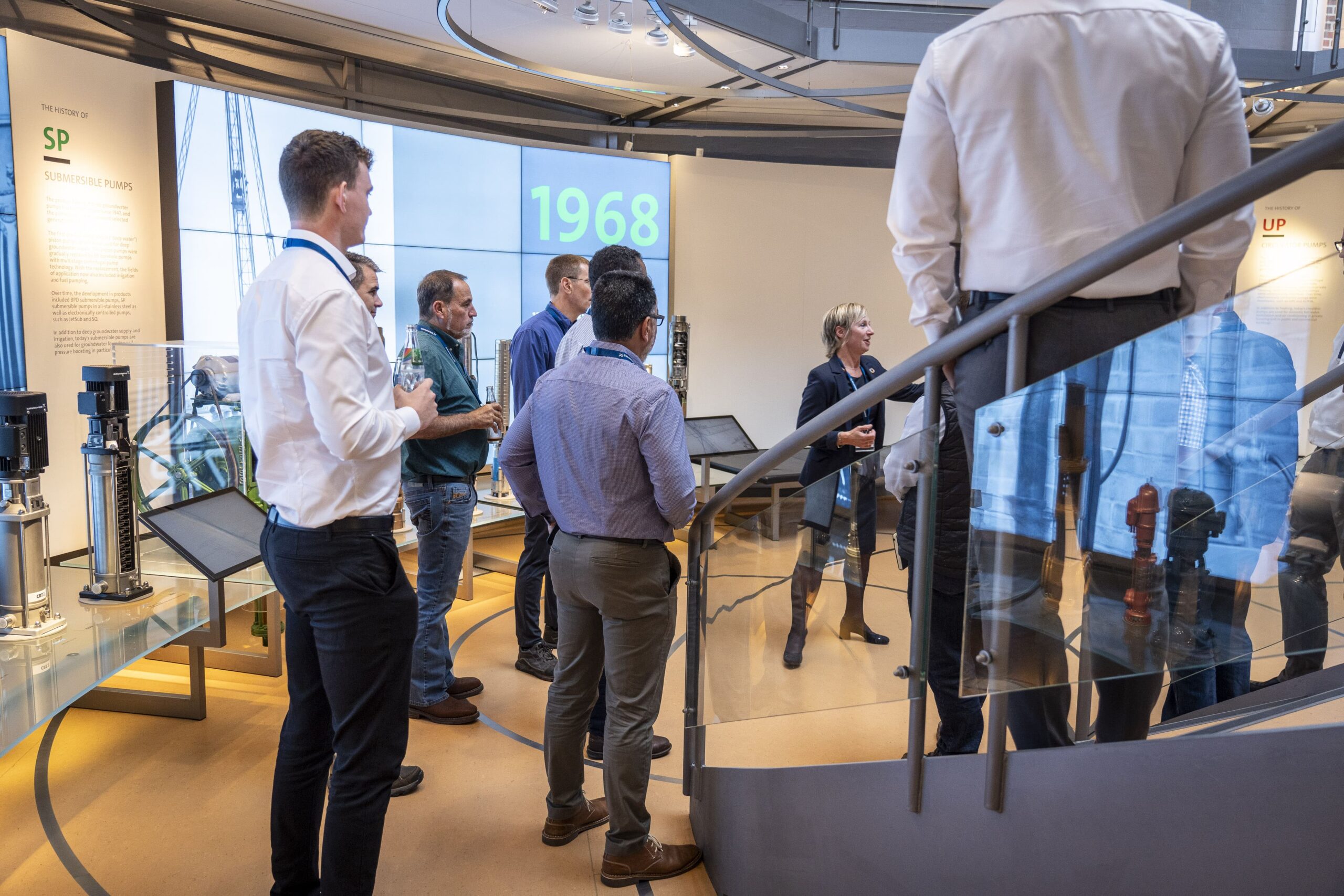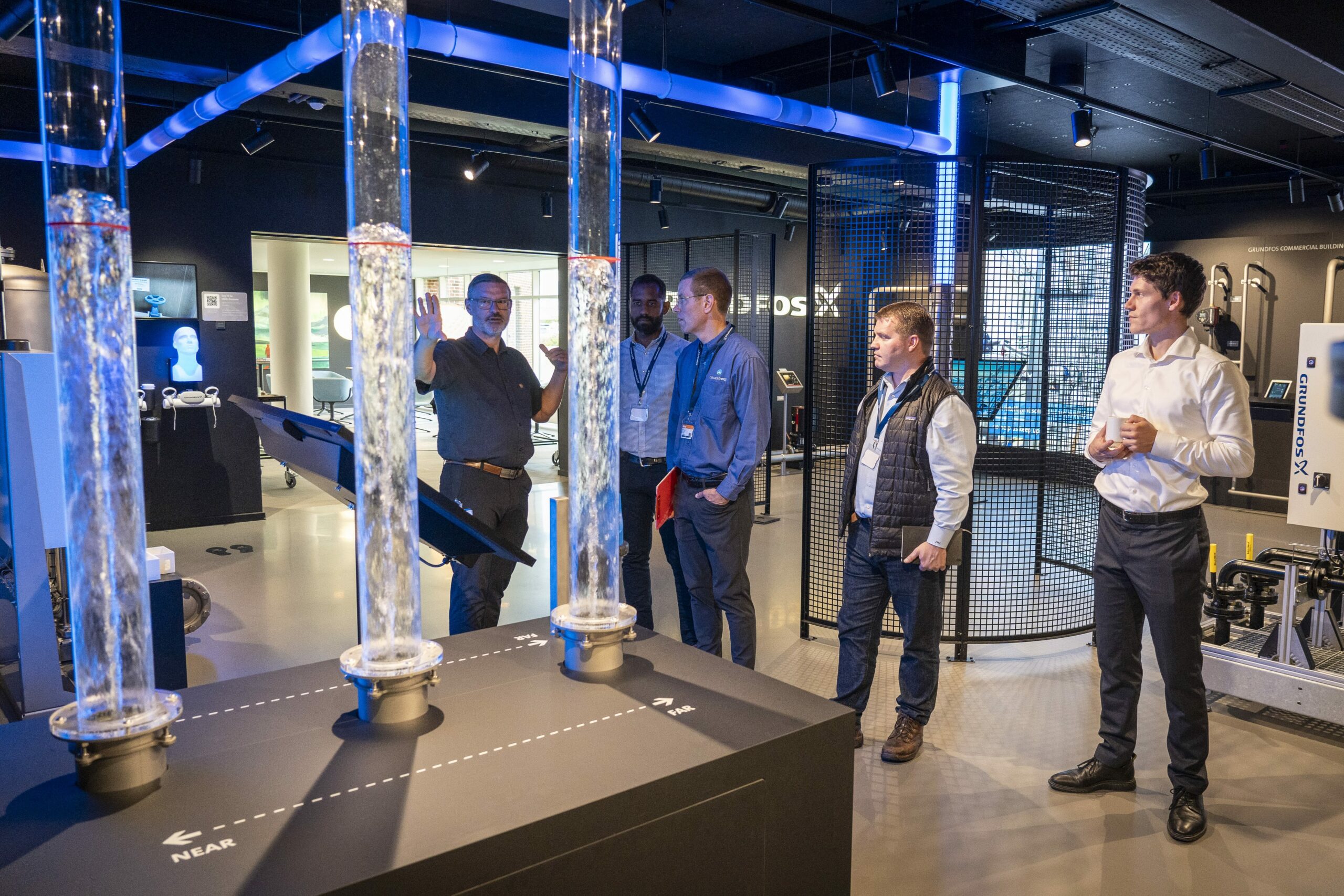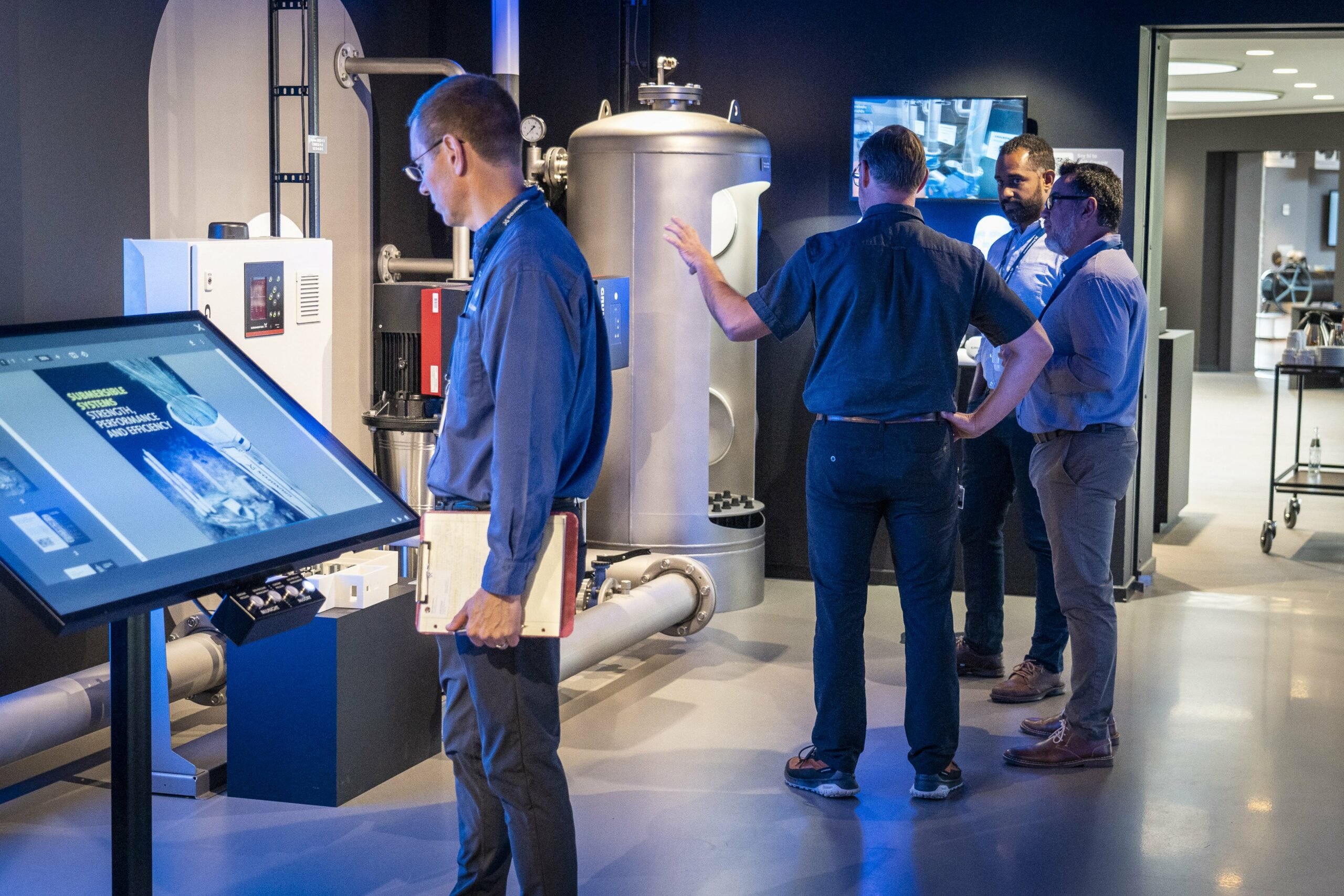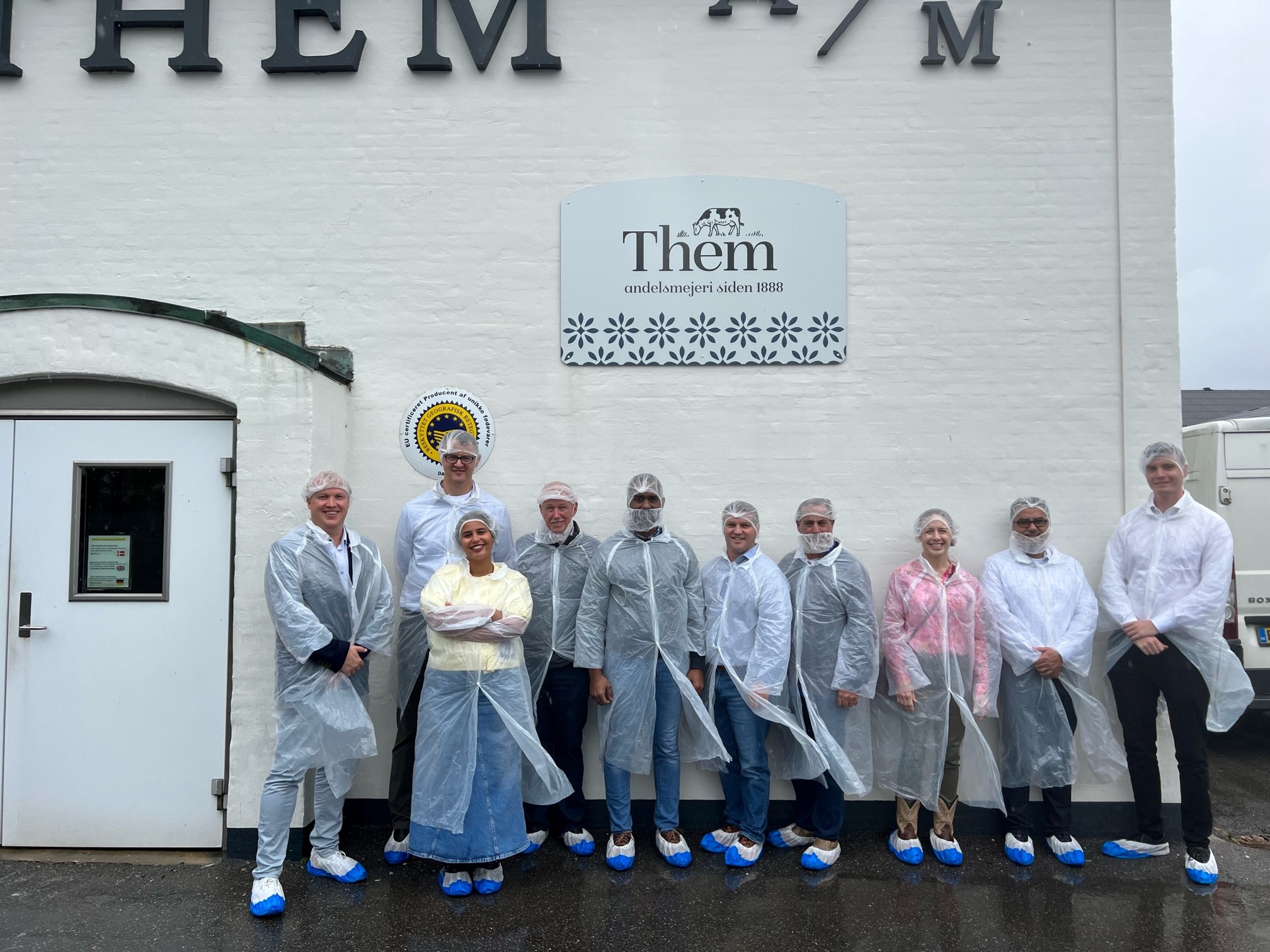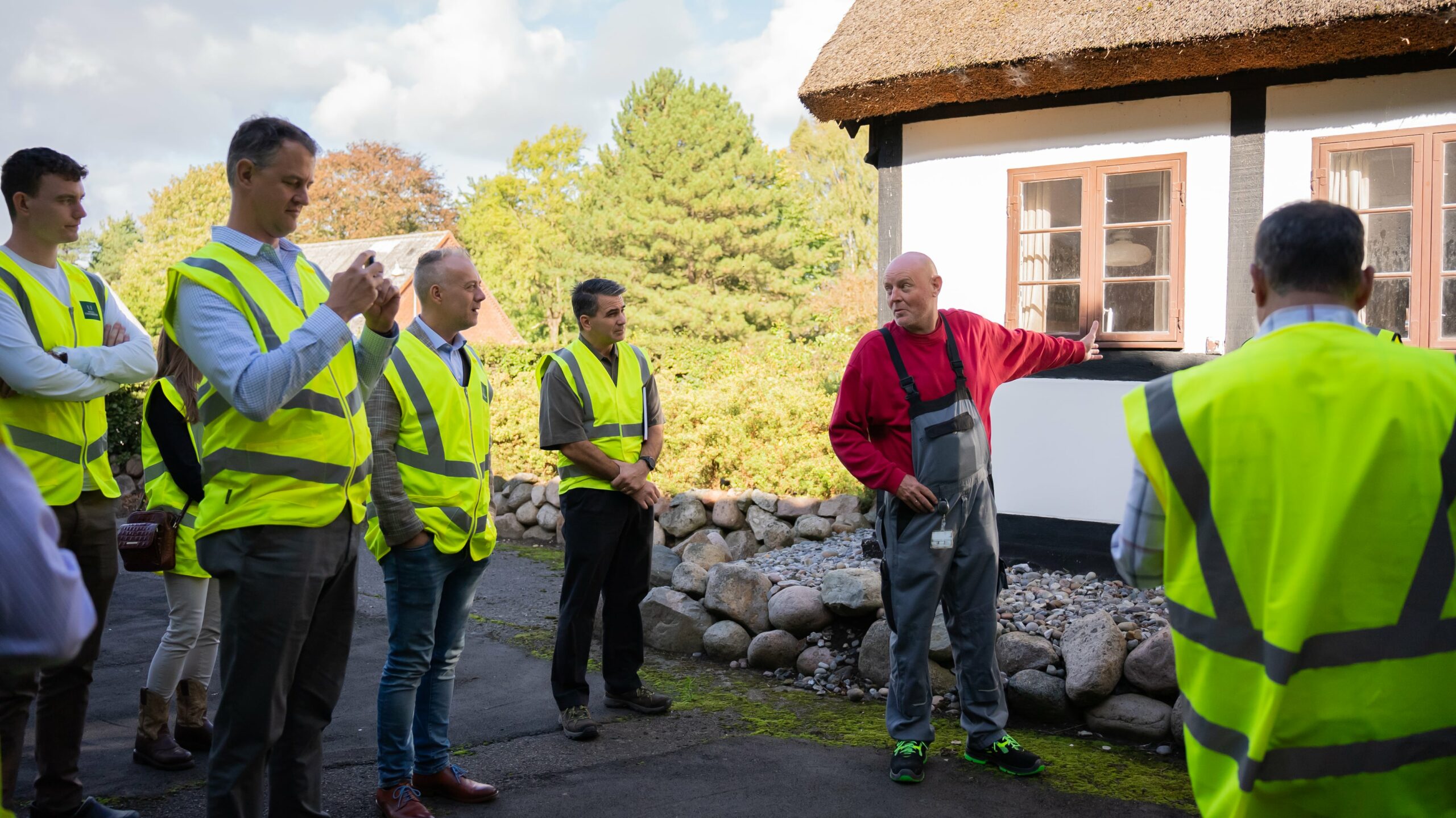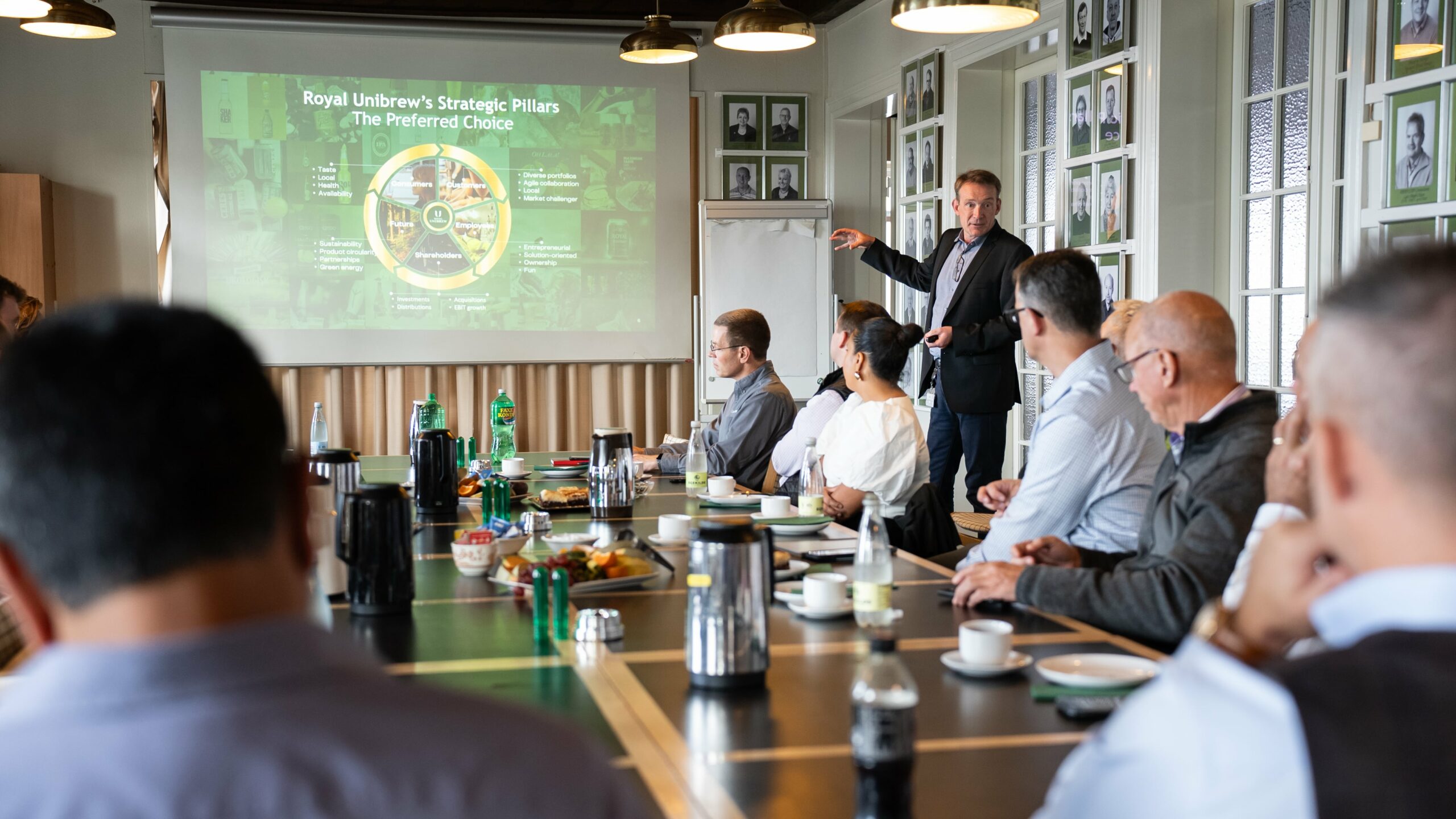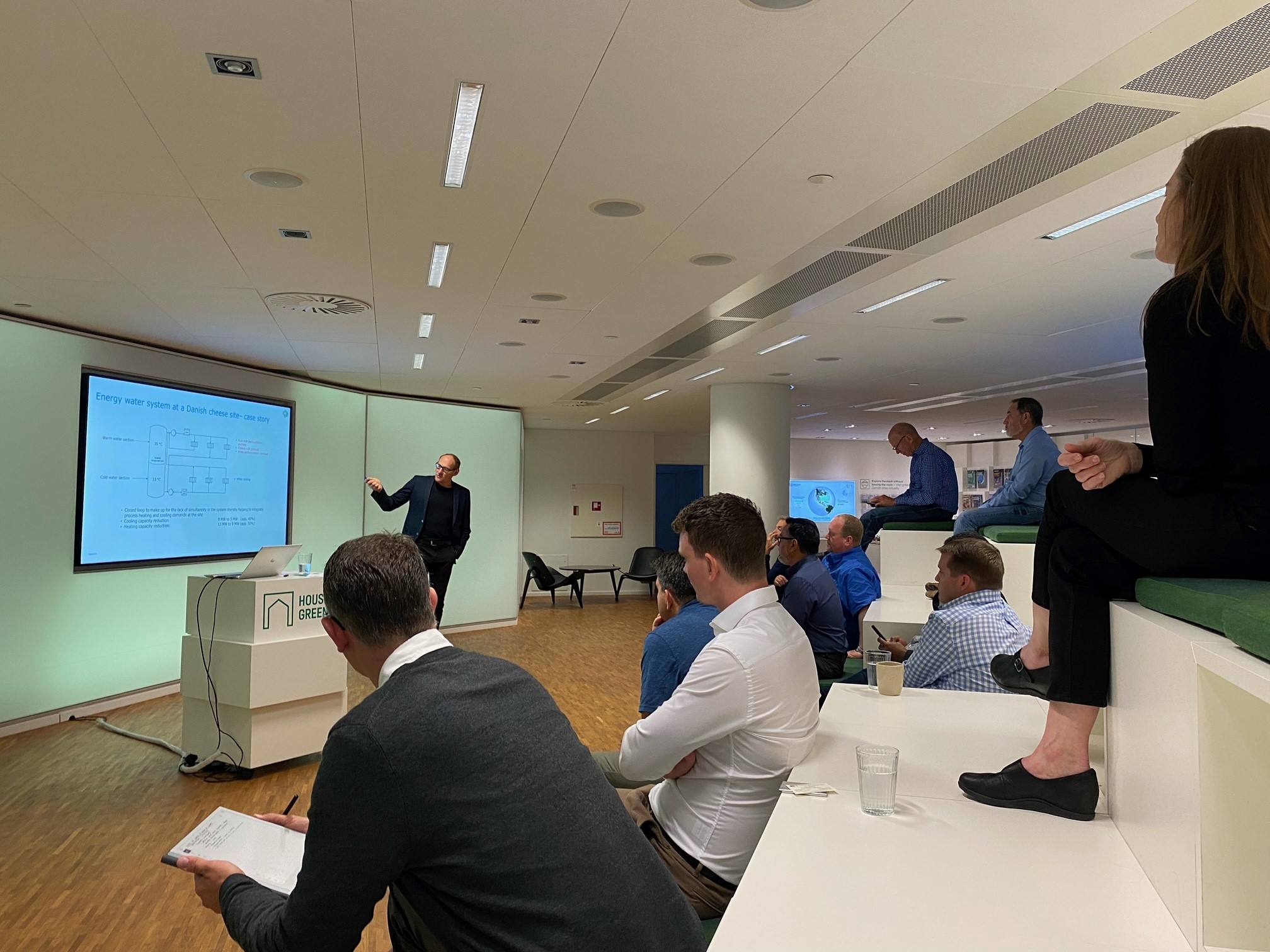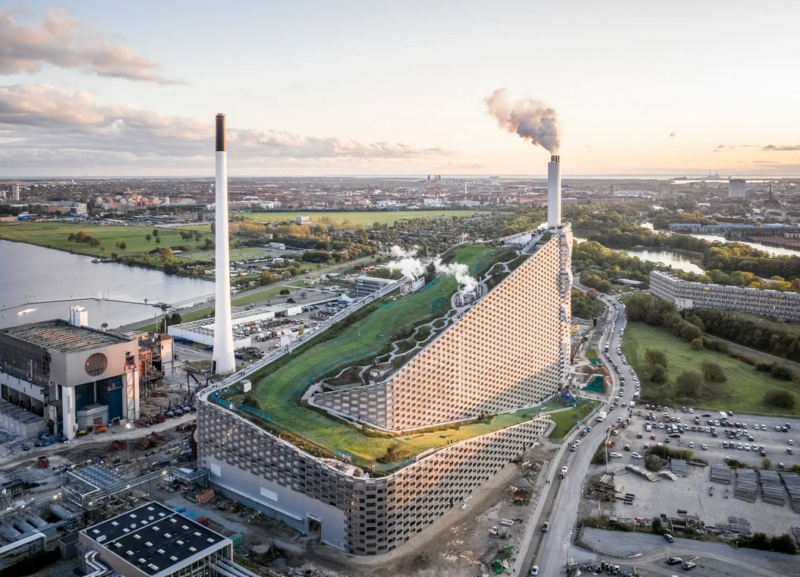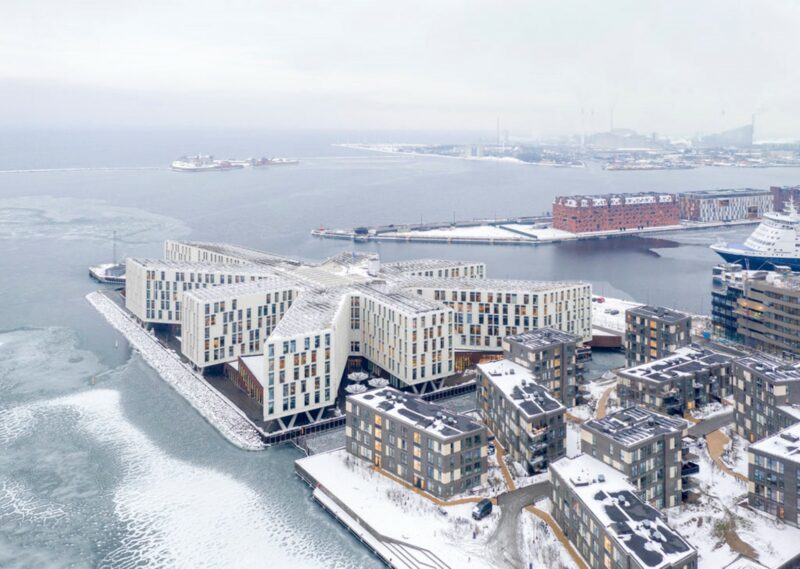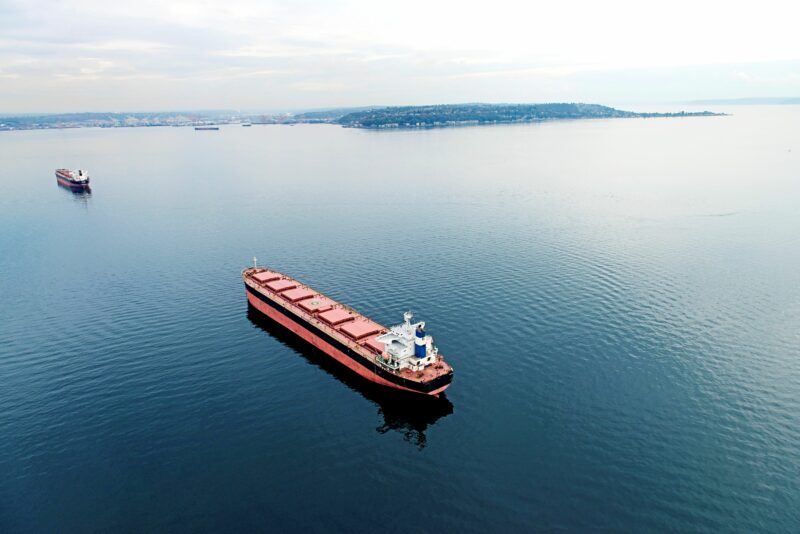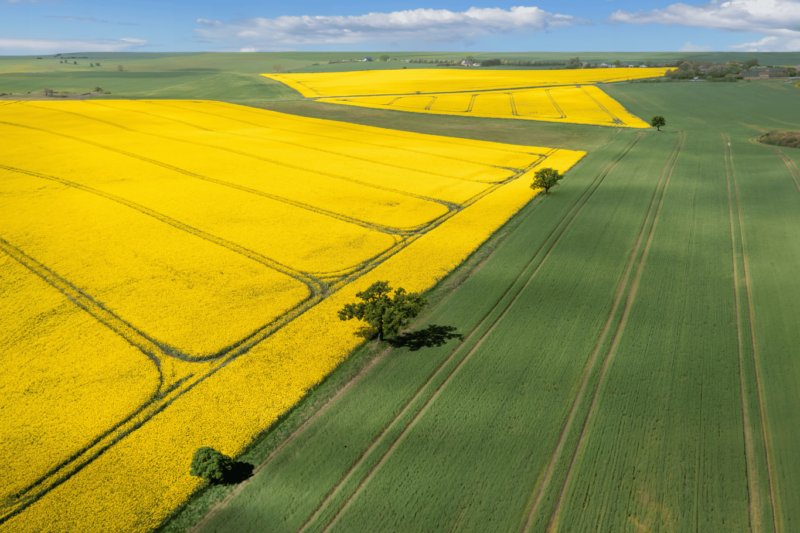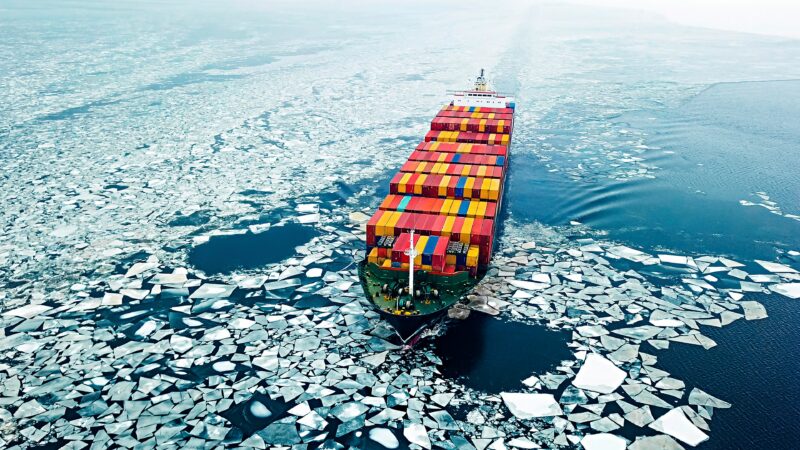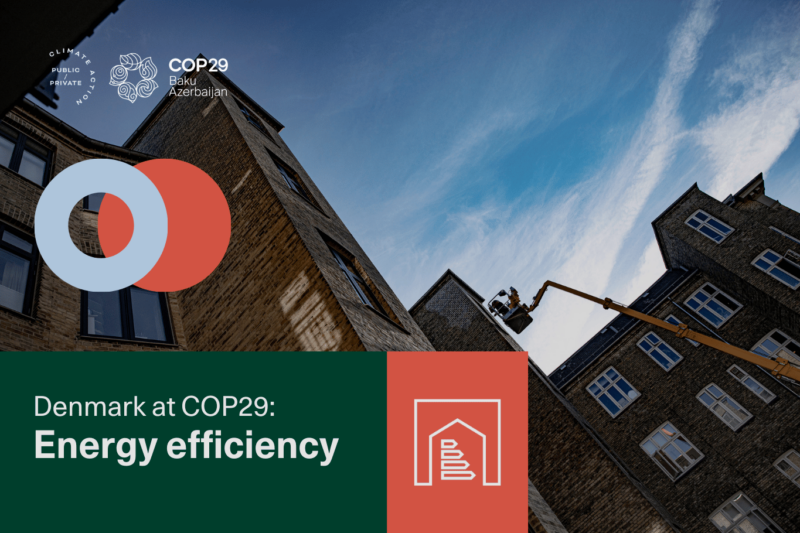It is estimated, that the food and beverage industry accounts for approximately 30% of global energy consumption in the industrial sector. Furthermore, the food and beverage processing industry has significant potential for cost reductions, particularly in the area of energy efficiency, where the cost of milk and cheese processing can be reduced by over 30%.
In the US, governmental initiatives, such as the EPA’s Energy Star program, seeks to equip companies with tools to optimize their energy consumption, reduce cost outlays, and reduce greenhouse gas emissions. This aligns with the industry’s aim of achieving net-zero environmental impact by making sustainable practices and technologies accessible. Initiatives such as these dovetail with the industry’s own net-zero initiative, which aims to reduce environmental impacts by making sustainable practices and technologies more accessible and affordable to all.
In Denmark, the food and beverage sector has long made substantial strides by reducing energy intensity in production by more than 50 percent from 1990 to 2018, while emissions decreased by 16 percent from 1990 to 2016, with a 31 percent production increase. Furthermore, benchmarks showes that Danish dairy processing is 30-50 percent more energy and water-efficient than US counterparts.
Read more: Denmark’s road to resource-efficient industries
Denmark’s Sustainable Industry Alliance (SIA) has been established to assist US food and beverage processors in realising these goals.
Fact-finding tour: Exploring the resource-efficient industries of Denmark
To support this mission, State of Green and The Trade Council in Silicon Valley organised a 5-day fact-finding trip, inviting US Food and Beverage industry stakeholders and professionals to explore the energy-efficient industries of Denmark. The trip aimed to showcase Danish industry innovations and sustainability approaches in dairy and brewery production, fostering green business collaboration and US-Danish-partnerships along the way.
The itinerary included visits to leading Danish food and beverage facilities such as Grundfos, Arla, Novenco, Them, and Royal Unibrew. Additionally, the delegation attended Scandinavia’s largest industrial trade expo, engaging in a VIP tour and matchmaking event with Danish businesses highlighting the latest and most pertinent technologies.
The tour concluded with a session at the House of Green, delving into how decarbonisation influences strategic decisions in the food and beverage sectors.
Key takeaways for the US delegation emphasised that environmental impact matters more than just having a sustainable company image. Messaging and branding should align closely with a company’s actual actions and achievements. While return on investment remains crucial, trustworthiness in partners is also essential. Notably, the trip revealed an openness to considering non-local American solutions, even in the face of local regulations, potentially opening doors for Danish expertise and solutions to enter US industries.
